10 new non-fiction books to read for your Autumn reset
The bell’s ringing, school’s very much in: learn a lesson from these new non-fiction book must-reads

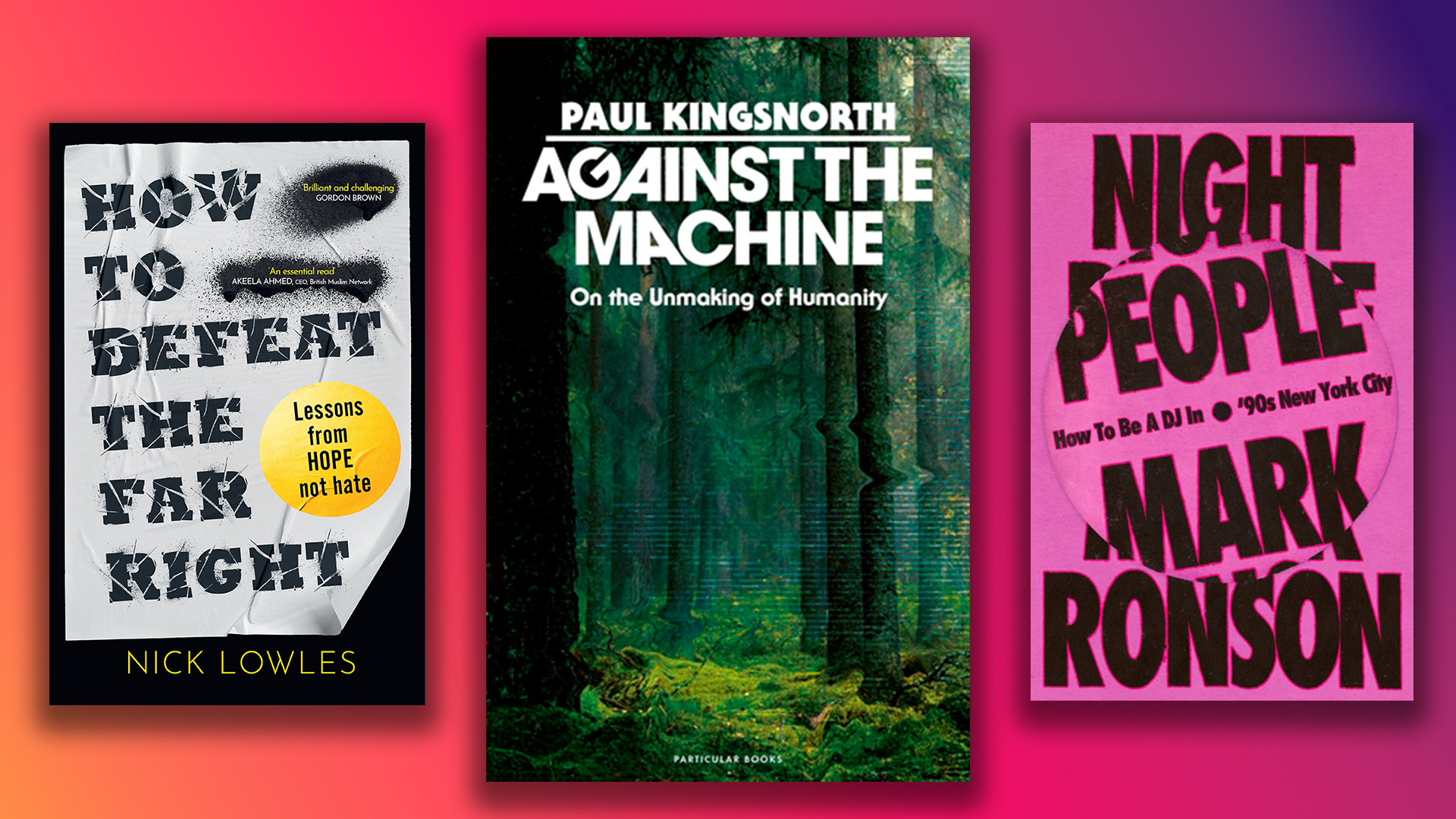
Get exclusive shortlists, celebrity interviews and the best deals on the products you care about, straight to your inbox.
You are now subscribed
Your newsletter sign-up was successful
Time to open up a fresh pack of exercise books and write your name in all your clothes. Summer’s over, kids, and we have your new curriculum.
This autumn’s non-fiction shelves are stocked full of music memoirs, alternative histories of Britain and, a little more seriously, guides to fighting against out-of-control AI and the far-right. And OK, fine, we’ll get the substitute teacher in and allow an afternoon of horror movies.
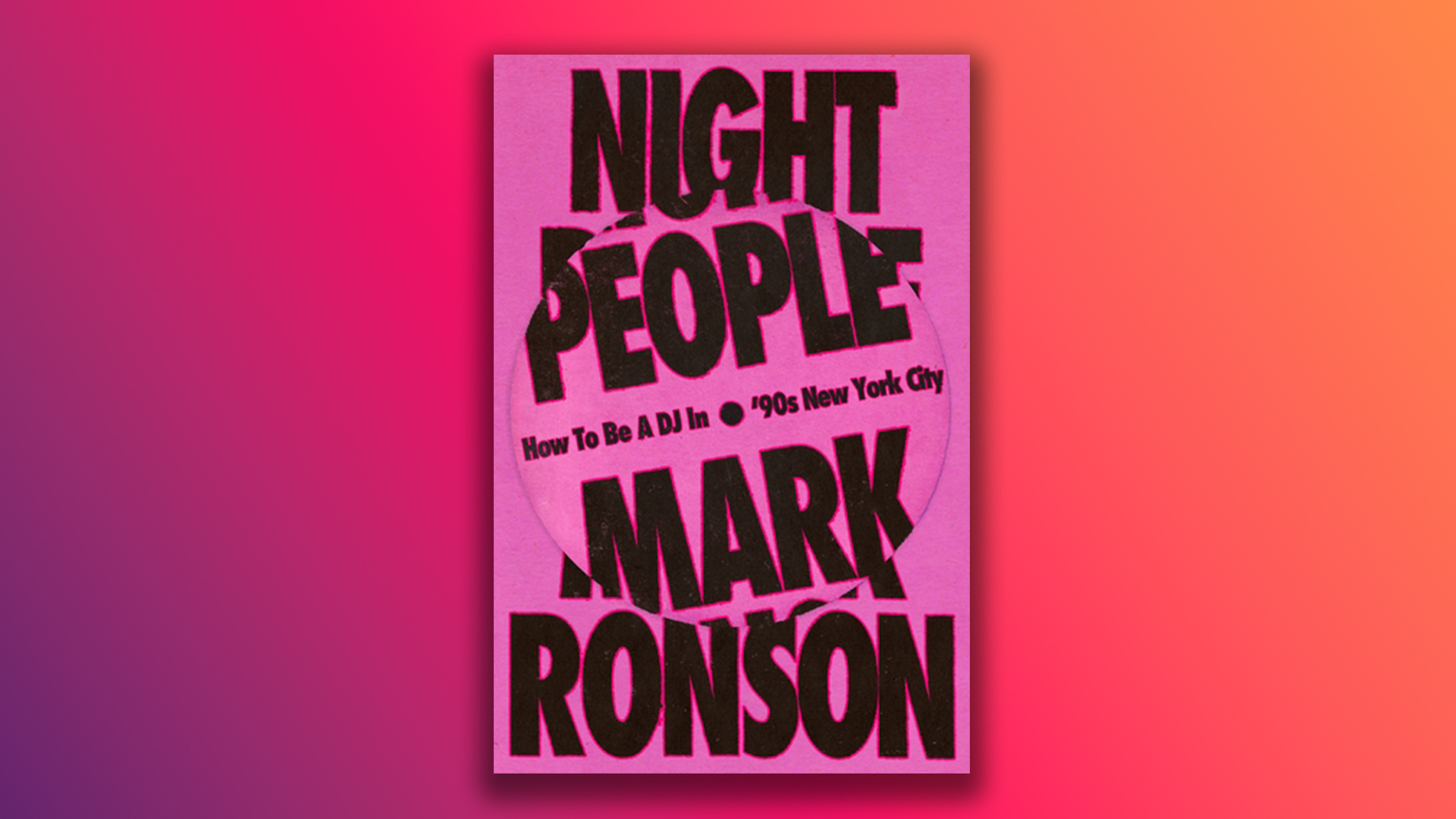
Night People (Mark Ronson)
Mark Ronson’s coming-of-age New York City memoir is incredibly fun. So much so that it’ll make you unbelievably jealous you weren’t there, crate-digging, kissing promoters’ asses and staring in awe at iconic club DJs yourself. Because yes, this is about the producer’s DJ days in the side rooms, lounges, raves and superclubs of 90’s downtown Manhattan and beyond.
Alongside peeks at the drugs and afterparties of it all, and perfect anecdotes about everyone from Biggie and Jay-Z to Q-Tip and Fatman Scoop, there’s also an obsessive’s descriptions of the equipment, the booths, the lighting, the ambience, the record fairs and crucially, how to get people to stay in the hip-hop side room of a major club without blasting through all your bangers too early.
Ronson’s also funny and honest about the ways he skipped the standard years practising in his bedroom and playing dive bars, as well as the fact of being a white boy playing mostly Black music. With a Questlove-esque love of the artform, there’s a QR code at the back of the book to the corresponding 20-hour playlist which really delivers as an accompaniment to Night People.
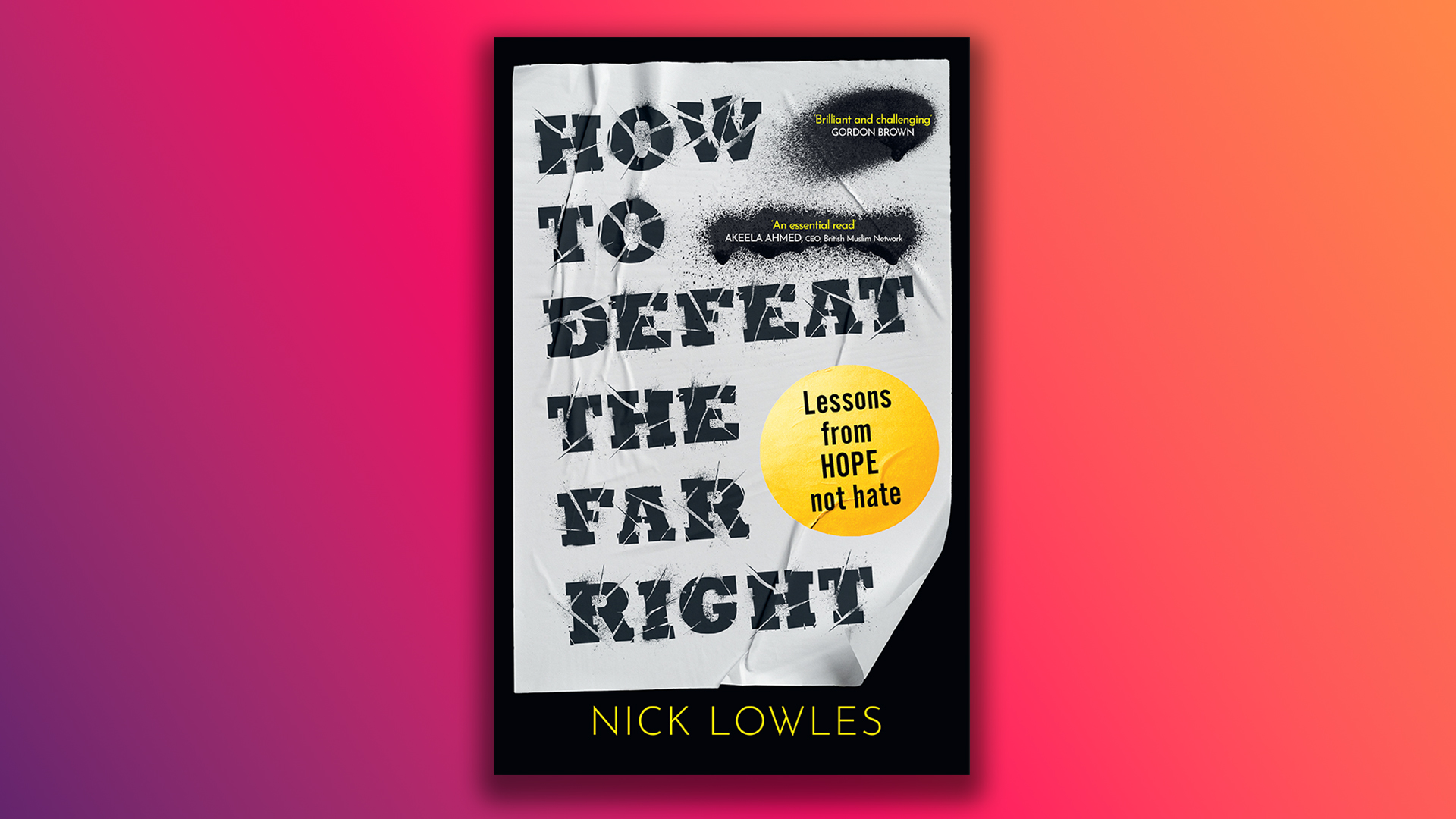
How To Defeat The Far Right (Nick Lowles)
How was the BNP’s Nick Griffin defeated? What happens to a town in the years after race riots? And what can be done about the prospect of Nigel Farage in government? Nick Lowles, the founder of the anti-racism and anti-fascist group HOPE Not Hate is one of the best-placed people to answer these questions. This book serves as a survey of the last 25 years of lessons from the frontlines of election campaigns and community work in places like Bradford, Oldham and Barking and Dagenham. If you’re feeling despair at the rise of Reform, read this.
Lowles gets into the nitty gritty of going undercover, running offline petitions, publishing ‘tabloid newspapers’, finding local heroes, increasing civic pride and many more tactics in HOPE not Hate’s toolbox, including when to counter-protest and when not to. These are hard-won insights and Lowles isn’t afraid to detail where and when he has clashed with the Labour party and other organisations. One of the must read-iest of the must-reads on tackling the far right in the UK today.
Get exclusive shortlists, celebrity interviews and the best deals on the products you care about, straight to your inbox.
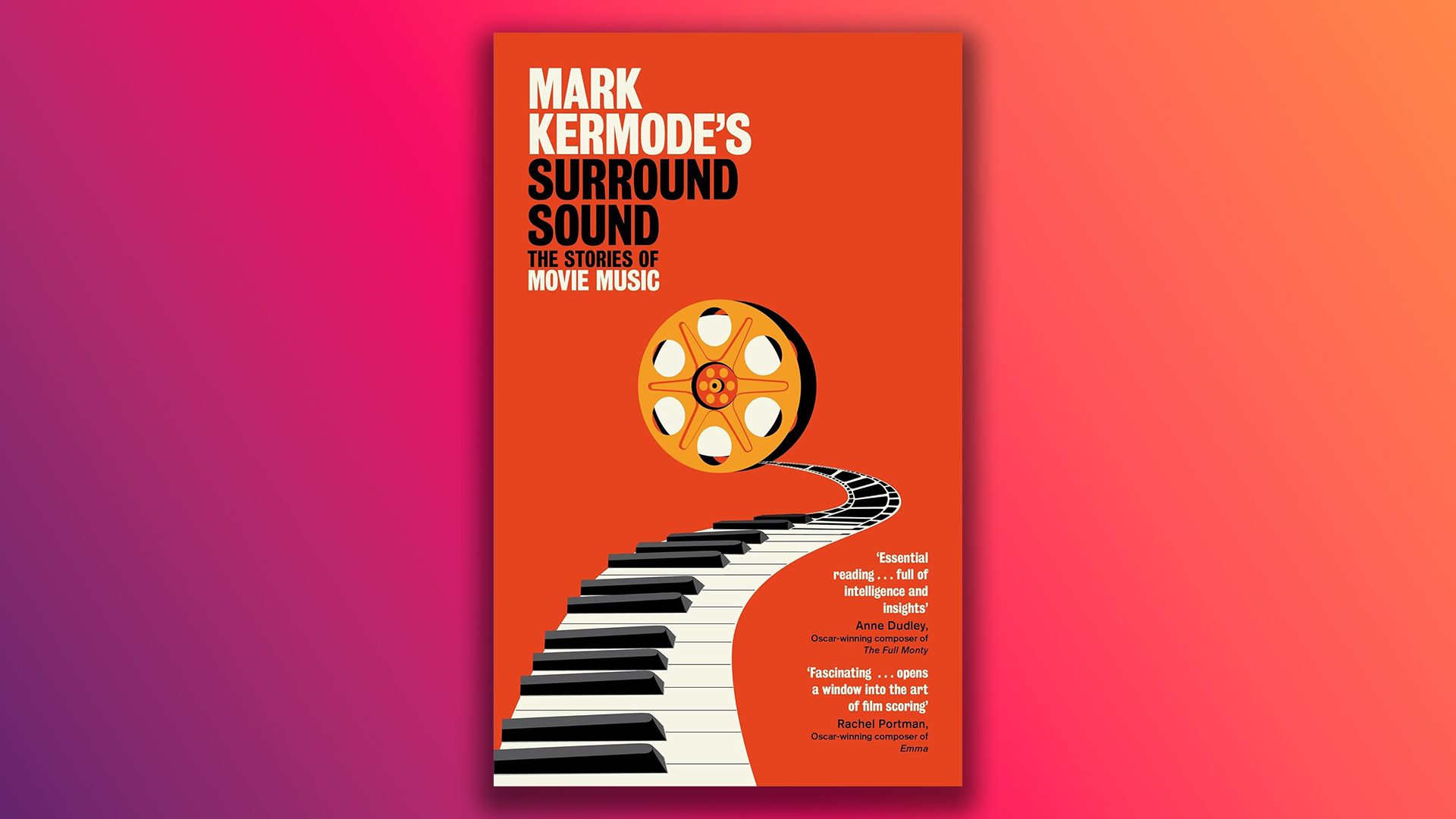
Surround Sound (Mark Kermode and Jenny Nelson)
Probably the only film critic in the UK that’s genuinely a household name, Mark Kermode has interviewed, hung out with and yes, played music for so many directors and composers over the years that this book of ‘the stories of movie music’, co-written with producer Jenny Nelson, is a treasure trove of quotes and anecdotes. Surround Sound intentionally doesn’t get too technical in terms of musical composition and jargon so it’s perfectly beginner and non-musician-friendly.
We do get a potted history of canonical 20th and 21st century composers, with the writers inserting lesser known female composers into their rightful spots in the timeline - soundtrack selections from the likes of Brazil, Eyes Wide Shut and Drive My Car, insider peeks into the process from Abbey Road studio engineers and, of course, a run through of some of the greatest collaborations, from Spielberg and Williams to Nolan and Zimmer, Miyazaki and Hisaishi. They cover so, so many titles and people, this is a perfect place to start if you want to discover new films, scores and soundtracks to seek out for yourself.
Want a sneak peek? Read Shortlist’s chat with Mark Kermode himself on a few underrated soundtracks.
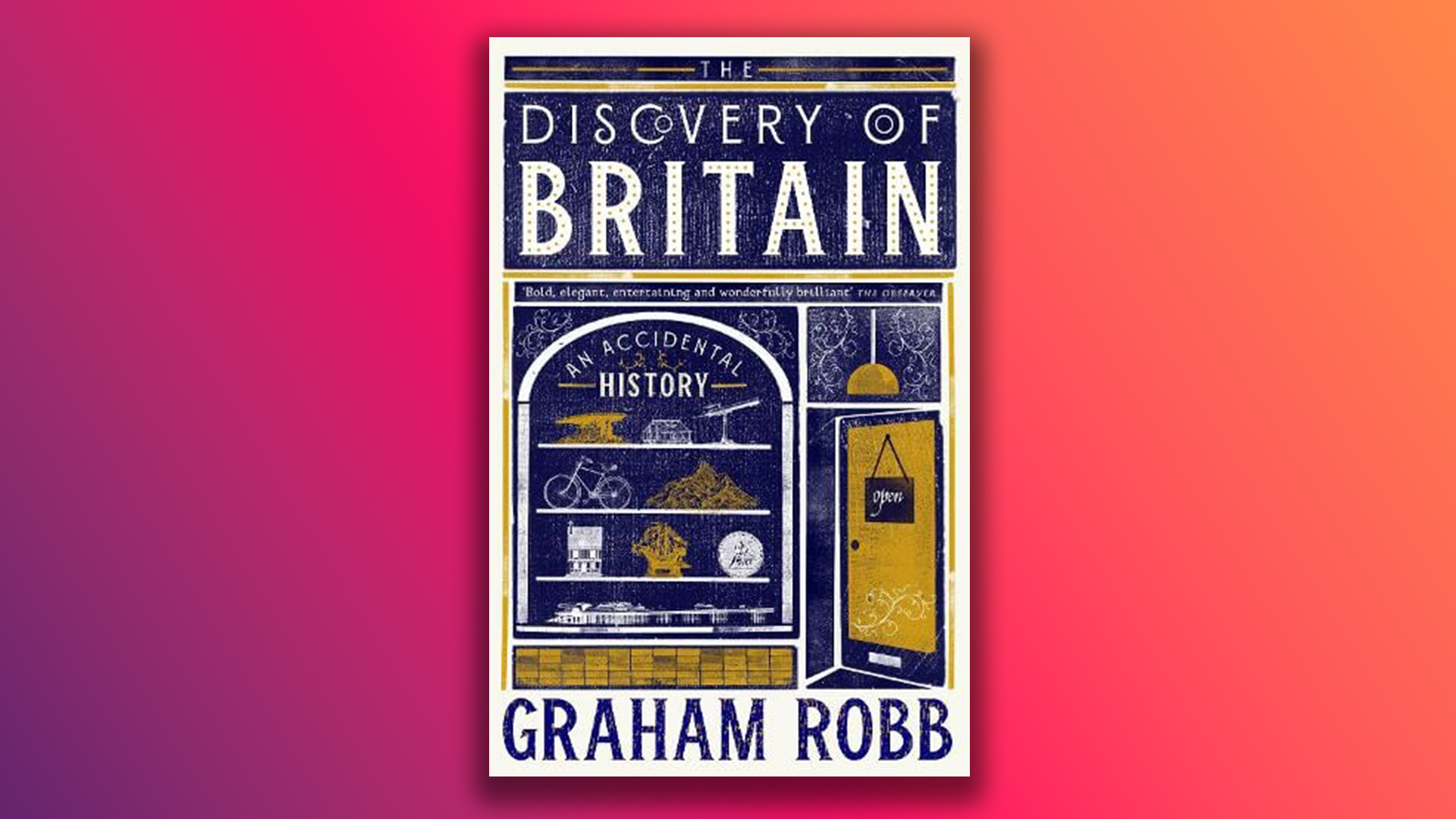
The Discovery of Britain (Graham Robb)
From the writer of 2007’s The Discovery of France, Graham Robb once again combines his geography-focused cycling trips and meticulous, contrary historical research in this take on Britain. If you’d like a linear kings and battles history go elsewhere as Robb is more interested in overlooked details, coincidences and accidents of history and digging up evidence that questions or subverts what we’ve all been taught to think about this country. The chapter on the pre-Romans Iron Age map is quite mind-blowing and the many details on various local accents, spellings, surnames and customs are wonderful.
Robb mines his personal life - the various places he grew up, was schooled and now lives - alongside his concept of travelling through time on his bike via roads, rivers, shires and hill forts. He has the superb ability of taking a single off-kilter subject (say, boarding schools and playing cricket) and widening it out to illuminate something much larger. And for those who like the classics, yes, he does touch on King Arthur, the Norman Conquest and the Spanish Armada. In his own way.
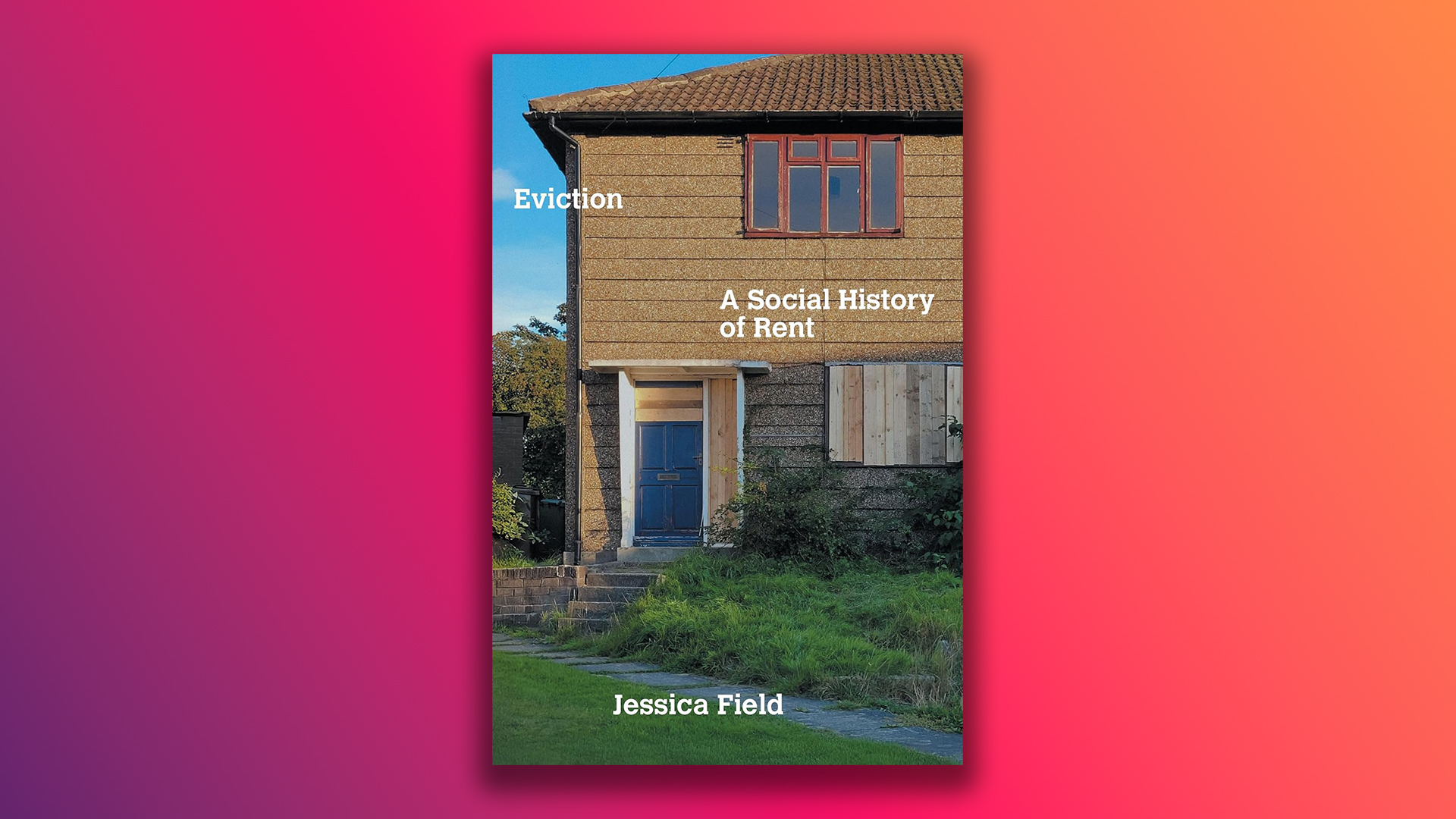
Eviction: A Social History of Rent (Jessica Field)
I had never heard of ‘Cardboard City’, a West Yorkshire estate in Oulton, outside Leeds. But by the time I finished reading Jessica Field’s moving account of the residents who fought to keep their homes there, I felt like I’d visited Wordsworth Drive and Sugar Hill Close myself and had a cup of tea with them all. From Verso Books, this is a masterful mix of the personal, oral history of the estate where Field’s family lived for more than a decade and sharp analysis of the wider trends of rent and housing laws, the financial ruin of housing and tenants’ rights, and activism over the past 150 years.
Oulton was a National Coal Board estate that began its life as post-war, prefab housing for miners in the local pits. Field traces how the Coal Board actually beat Thatcher to it with the mass sell-off of these properties to exploitative private companies 50 years ago, weaving in wider impacts of evictions and neglect on communities, work, health and children. She links the 1915 Glasgow rent strikes to the recent New Era, Focus E15 and Save Our Homes LS26 campaigns, pointing out that 80% of rising market rates are rarely “Affordable Rent”. Field eloquently describes evictions for tenants as “holes punched through their lives at frequent but unpredictable intervals”. Well said.
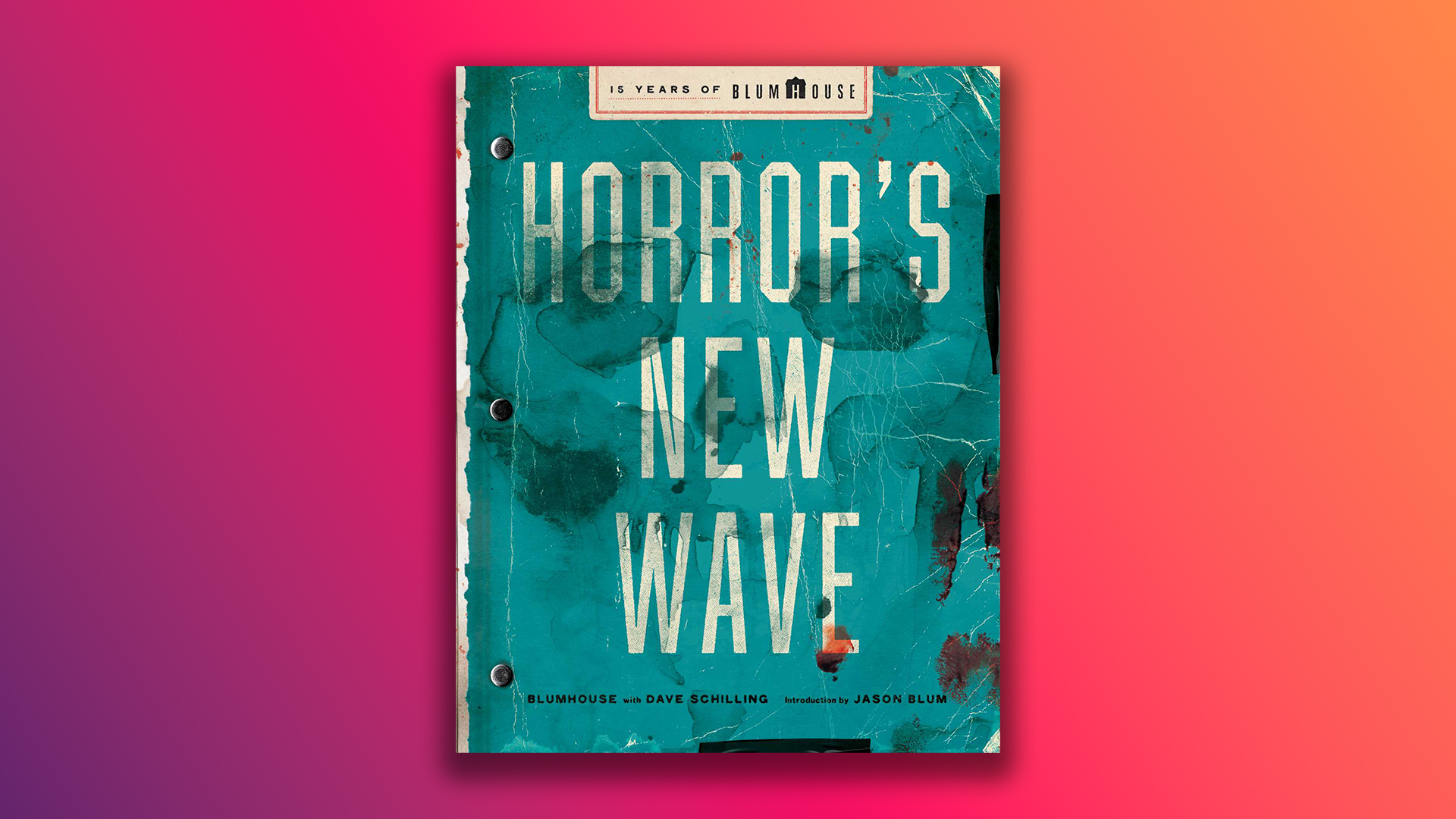
Horror’s New Wave (Blumhouse, Dave Schilling)
Remember when Steven Spielberg told Tom Cruise he was saving cinemas? We hope he said the same thing to iconic producer Jason Blum, otherwise known as the guy who finds, produces and supports unique, low-budget horror films, gets them proper theatrical studio releases and rakes in the cash for all concerned. This oral history of the last 15 years of Blumhouse is packed with Hollywood lore - Blum’s mobile office van, the fact he passed on The Blair Witch Project in the ‘90s - and picks out 19 films to focus on from big culture-defining movies like Paranormal Activity, M3GAN, Get Out and Five Nights At Freddy’s to smaller, pandemic-era releases, you may have missed, like The Invisible Man. (I have a soft spot for The Visit).
Together with behind-the-scenes photographs, character designs and storyboards we get interviews with directors including Jordan Peele, James Wan and M. Night Shyamalan and actors like Ethan Hawke, Jamie Lee Curtis and Alison Williams. From in-the-room-where-it-happens details on working with Jim Henson Creature Shop animatronics and snappy histories of killer robots and Universal monsters to candid conversations on the commercial aspects of film producing, this is a treasure trove of kill counts for horror fans.
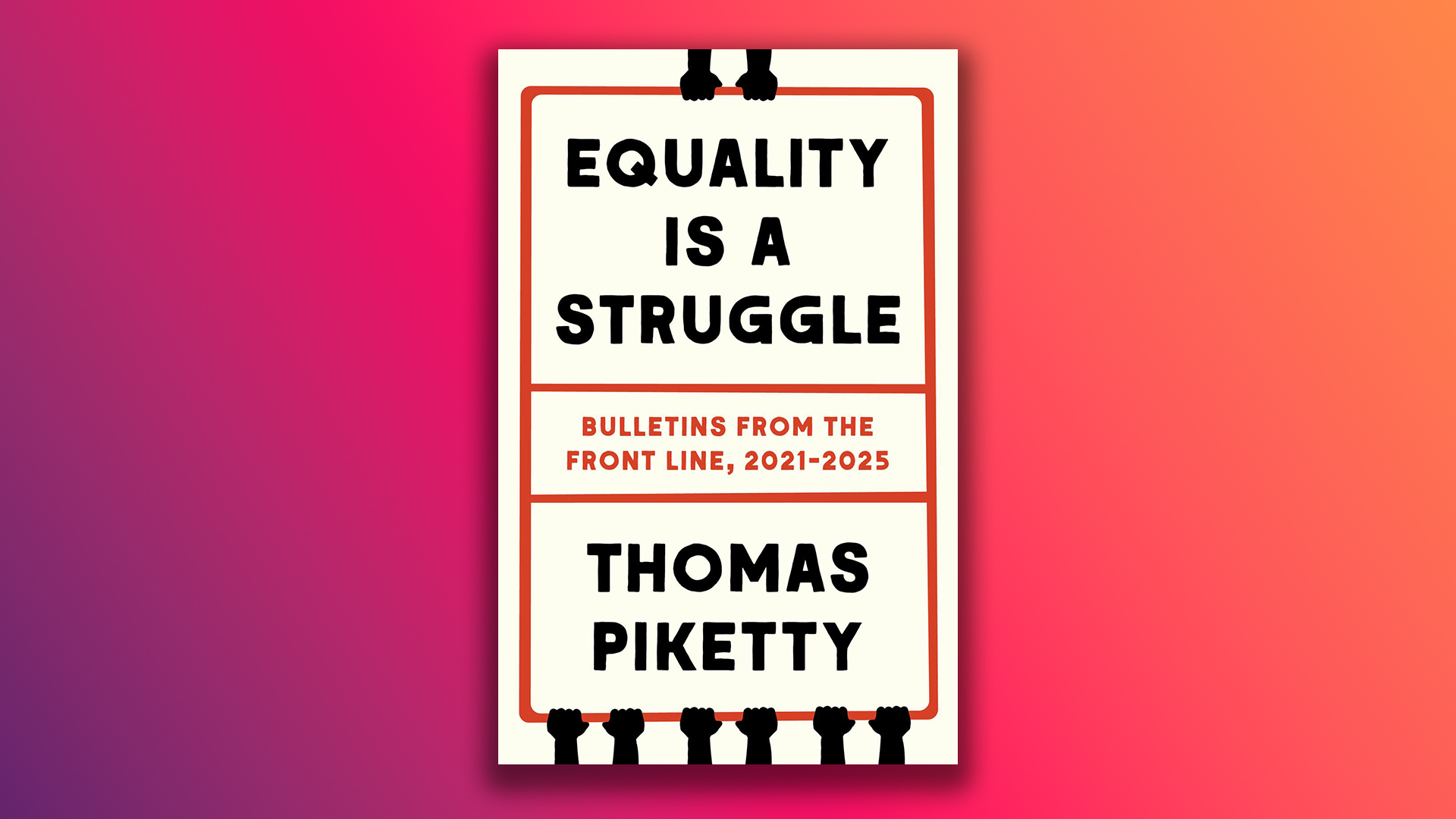
Equality Is A Struggle (Thomas Piketty)
Famous French economist Thomas Piketty has influenced everything from TV shows (Fleishman Is In Trouble) to party manifestos (Jeremy Corbyn). Here, he collects a selection of his regular, short essays for the newspaper Le Monde, covering the years 2021-2025, with a new, 40-odd page essay outlining his ideas on ‘ecological socialism’. (This functions as a good primer if you don’t know his work).
Yes, there are graphs and yes, there is a whole run of columns on French pensions - which are more interesting than you might first think. His arguments on all manner of topics including Trump, BRICs countries, a potted history of the House of Lords, Macron (who he does not like at all), tariffs (which he sees as an opportunity) and the environment add up to more than the sum of their parts. And his repetition of statistics on obscene wealth inequality, say, or the importance of investment into education in 20th century America really ground them into your memory. Piketty gives us fresh eyes with which to look at politics and economics in the UK, Europe and the US. Essential reading.
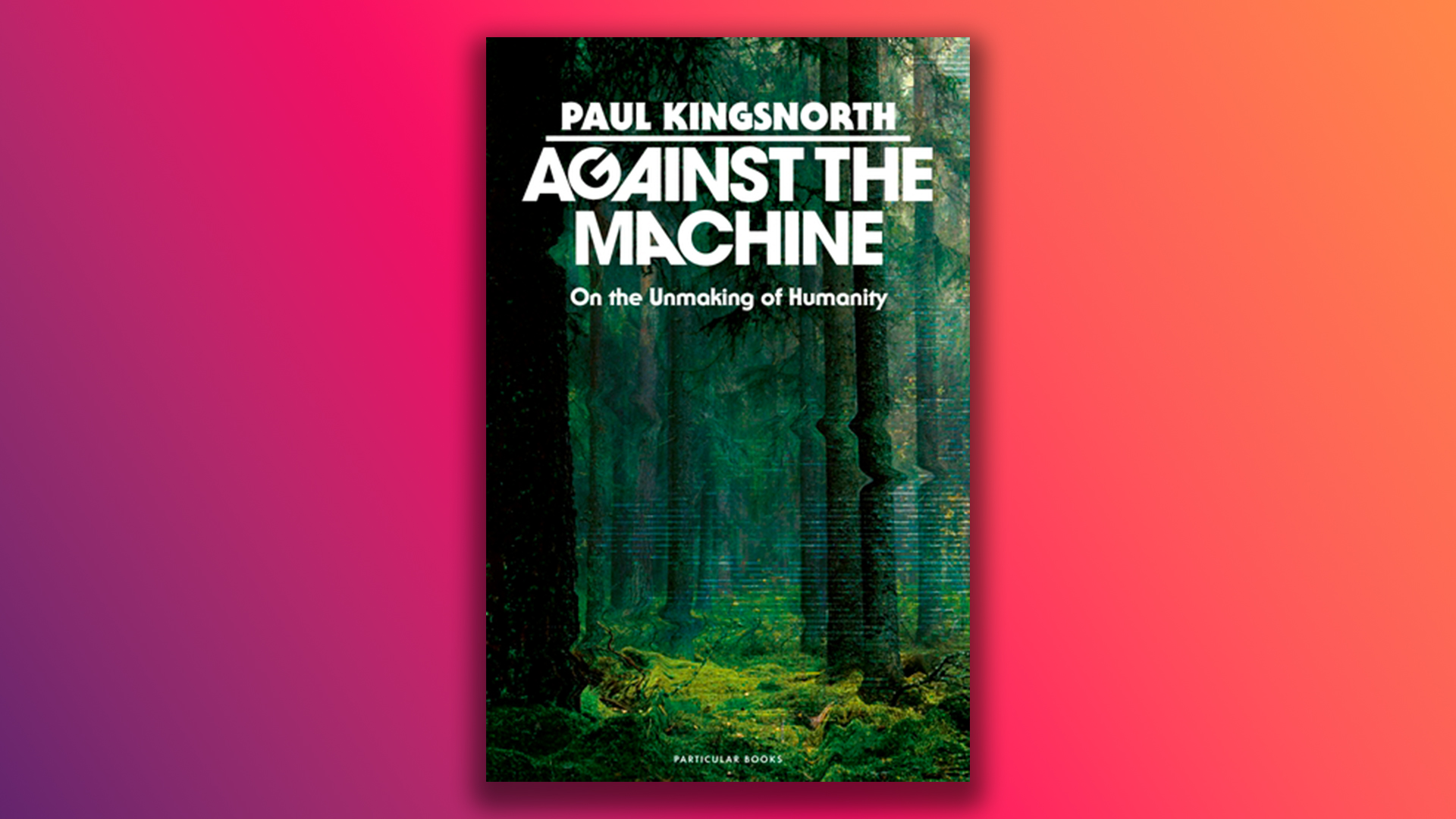
Against The Machine (Paul Kingsnorth)
The title may sound like a run-of-the-mill anti AI screed, but Against The Machine is much wider, weirder and deeper than that. Based on Kingsnorth’s essays published on his Abbey of Misrule Substack, he draws on ideas from writers and thinkers such as Simone Weil, Oswald Spengler, Craig Calhoun, Iain McGilchrist and James C. Scott to build his own definition of “the Machine”, how we got here and how we can respond. The Machine is not just technology in the sense of addictive smartphones and terrifying AI, but also the idea of endless growth and progress, of Jeff Bezos types being rational and therefore right.
It’s unlikely you’ll agree with all of Kingsnorth’s representations and arguments in this book - especially when concepts such as ‘reactionary radicalism’ don’t map squarely onto ‘left’ and ‘right’ - but there’s lots of food for thought here about alienation, rootedness, the self, the past, religion and science. Like, if you’re trying to resist this all-encompassing “Machine” are you a cooked barbarian or a raw barbarian? In other words, are you inside the system or outside of it? One that wriggles around in your brain a while.
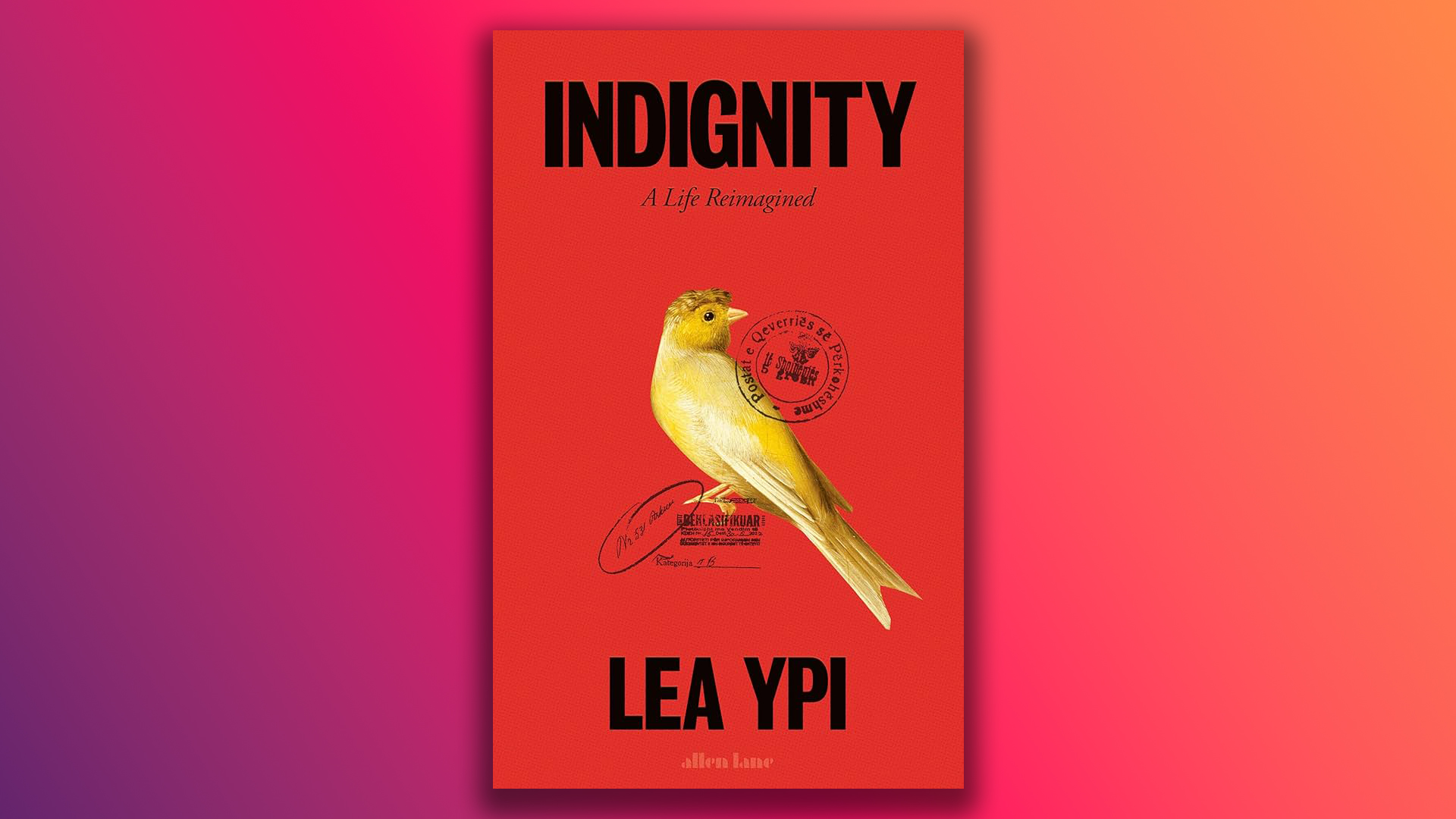
Indignity (Lea Ypi)
Lea Ypi, if you haven’t heard of her already, is a philosophy professor at the LSE whose memoir Free: Coming of Age at the End of History was a must-read memoir back in 2021. Since then, she has patiently explained her views on capitalism, communism and her relationship to Albania to everyone from the FT to Cambridge colleges.
Now, with this ‘life reimagined’, Ypi blends recently unsealed secret state files with creative non-fiction to piece together a biography of her grandmother, Leman Ypi, tracing the evidence from the break-up of the Ottoman Empire through the geopolitics, intelligence campaigns and chaos of the Second World War and beyond. And the less I reveal here the better when it comes to the unique mysteries and questions surrounding this family and their associates. As the title suggests, Ypi is interested in exploring the idea of dignity as well as legacy, identity, responsibility and truth - or truths.
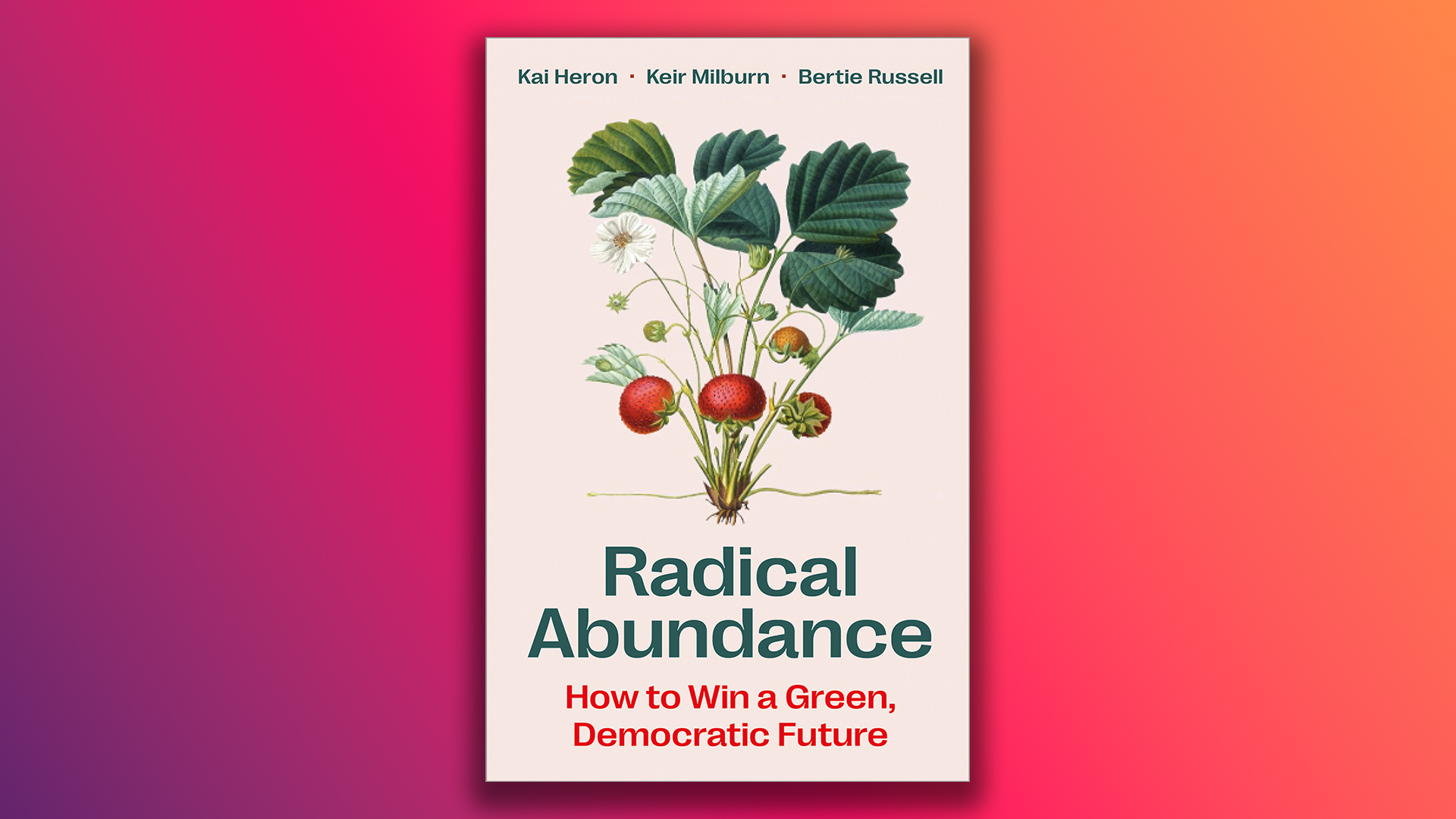
Radical Abundance (Kai Heron, Keir Milburn, Bertie Russell)
You know those books which spend seven or eight chapters elegantly diagnosing a problem in our society and then add 10 pages on at the end with some solutions? This is precisely the opposite. Pluto Press’ Radical Abundance is from three writers who have real world experience in setting up new forms of institutions — they show their working and they cite their influences from around the world.
Most people have heard of public-private partnerships by now, but Heron, Milburn and Russell are interested in public-common partnerships (PCPs), which include community buy-in, and how they might function locally in urban development in North London, pharmaceutical production in France and via council farms in England’s agriculture sector. This is think tank-level stuff - there’s decision making diagrams! - but it’s all the more useful for it. And no relation to Ezra Klein and Derek Thompson’s Abundance, which does get a mention - that’s the liberal American version, this is the eco-socialist one.

Sophie Charara is a freelance tech and culture journalist. Sophie is a former associate editor of WIRED, and former associate editor at Wareable and The Ambient.
You must confirm your public display name before commenting
Please logout and then login again, you will then be prompted to enter your display name.